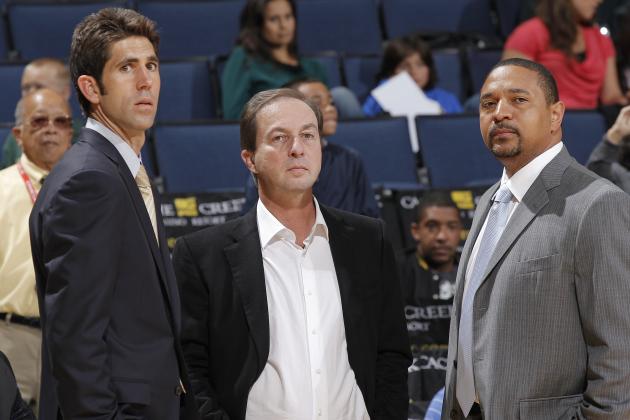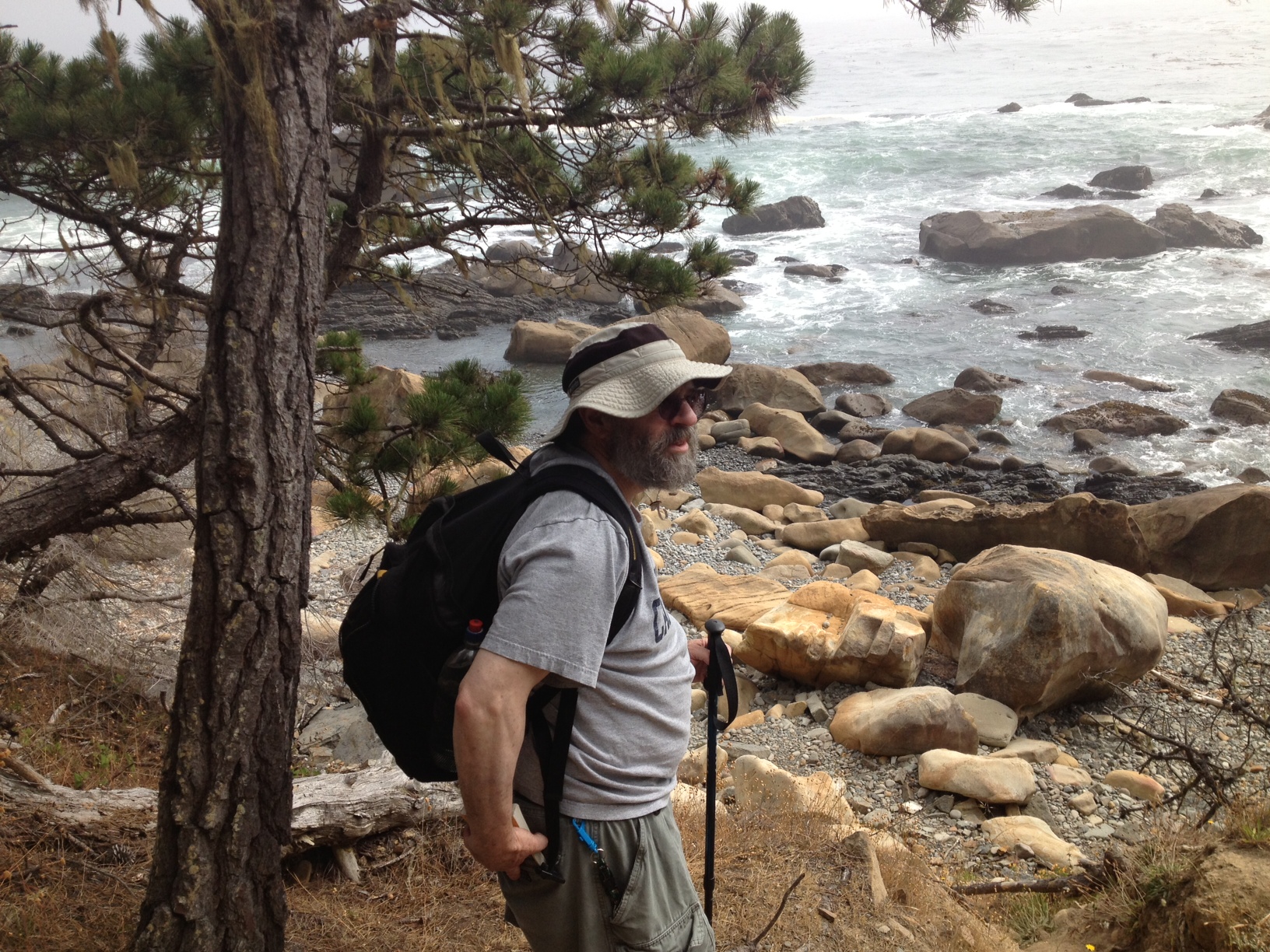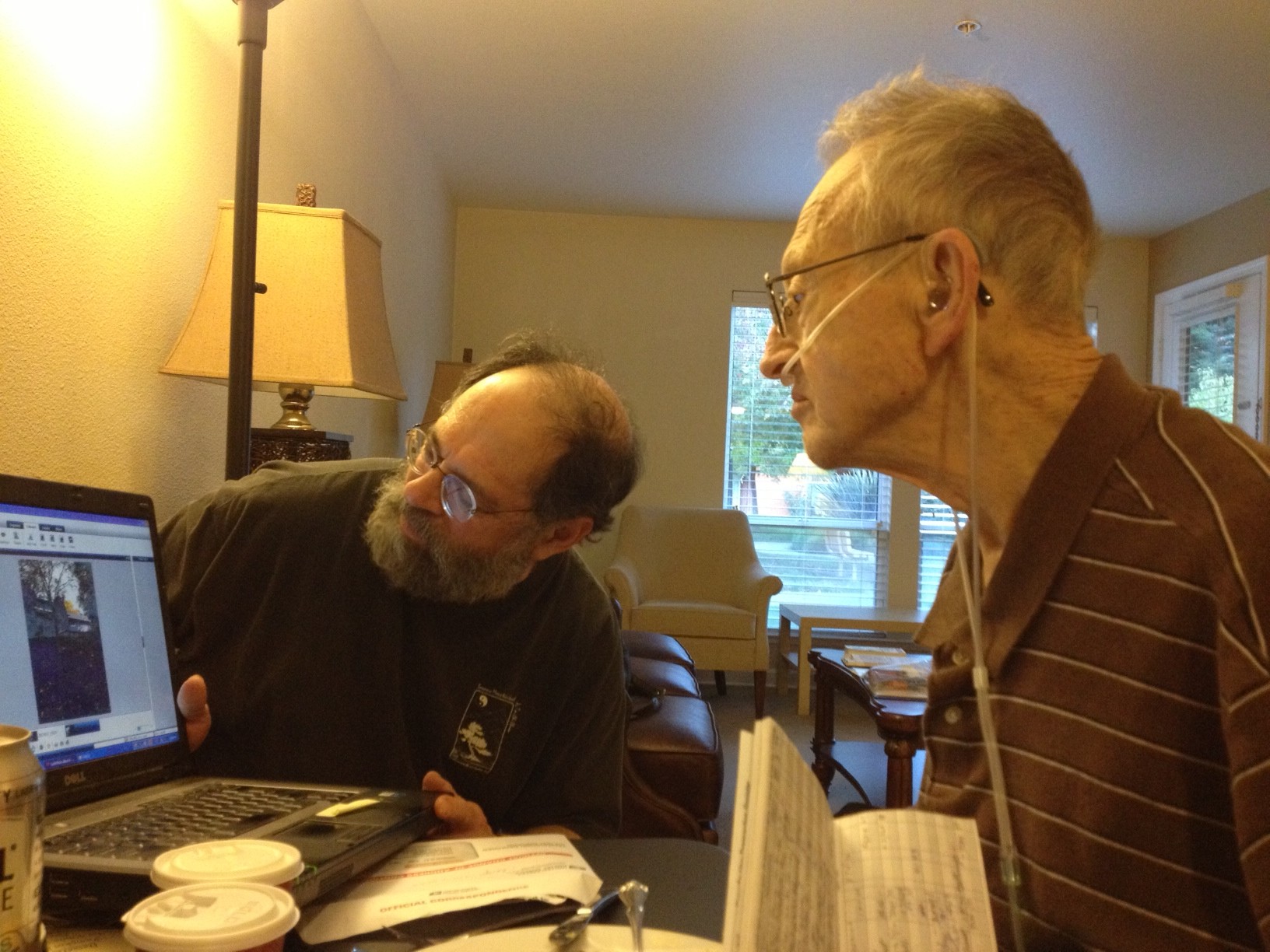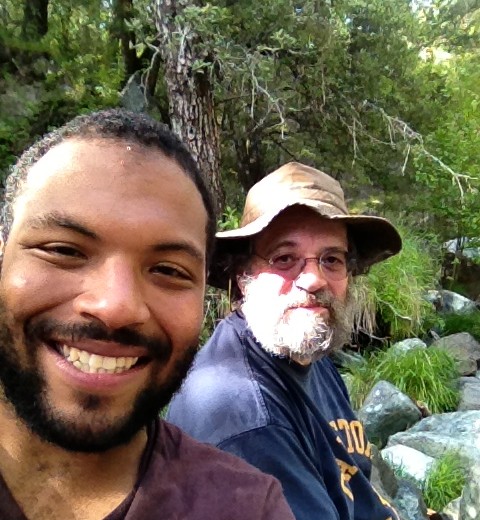My father and I went to the same small private liberal arts college in southern Minnesota. Naturally, we didn’t go at the same time — he started in 1968, and I started 35 years later in 2003 — but we both went there and got enough credits to graduate. It’s something that binds us together, reminds us that we share something more than genes, and a tendency to talk with our hands. And the college is good, and I don’t think either of us have complaints. It’s a fine school, and I ended up enjoying myself there. The campus was interesting, filled with the type of brick and marble buildings you’d expect to see at a school with just a single word for a name and a hefty tuition bill as a parting gift. It was good in academics, had helpful, accessible professors, interesting extracurricular activities, and a fervent desire to implant a permanent identity around an institutional experience; that amorphous “college experience” that every institution prides themselves in, and champions (and markets) with an almost cultish quality. For my part, I was quickly overcome by the allure of a private school (and a sizable scholarship) many thousands of miles away from my childhood home. During the visit for accepted students, while my father and I sat at a table with a professor from the history department, and an array of now-faceless talking heads from American cities that I had only seen on maps, and never spent time in, I knew I was going to there. I have no regrets.
When I told him that I was going to be going to the same college that he had, located in his homeland of Minnesota, only an hour away from his aging parents (my aging grandparents), he didn’t hoot or holler. Certainly there was happiness; an elevated state of attention from a man who was always affable, but never really high-energy. But there was an unmistakable sense of hesitation, almost self-consciousness. We were standing in his hotel room, he was sitting on his bed while I stood in front of him in a brand new shirt and baseball hat from the college’s bookstore; the first of many dollars I would throw at that place, and never, ever see again. “You’re going to go there? For college?” he asked me again, a hint of incredulousness in his voice. “Are you sure?” I assured him I was, that I felt enlivened and excited about the possibility of leaving home. He smiled and congratulated me, started muttering that he had to get in touch with the financial aid department as soon as we got back to Santa Rosa. But I do not recall him being excited. My grandparents, who were entering their 80s without any children (or grandchildren) living in the state, were tickled pink by the prospects of their grandson moving to the state. But if my father was excited, neither his face nor his demeanor gave it away. I wasn’t offended — my father has a whimsical stoicism that few others possess, and I have always loved it — but I was unsettled. He seemed troublingly nonplussed that, against all odds, I was following in his footsteps. “Are you sure you want to go there?” he asked me again on the plane. I assured him that I did. I gave him the same answer when he asked me again, as soon as we walked into our home in Santa Rosa, California. And even six months later, when I waved goodbye to him after he moved me into my dorm, and fireflies zoomed to and fro through a thick summer night in his ancestral homeland, I could still see that doubt in his eyes. I could feel his anxiety as he left me by myself, free to walk a path that he had walked 35 years before.
I became aware at a fairly early age that no one was more critical of my father than my father himself. No one would be harder on him than him. As I would brush my teeth in the bathroom getting ready for school, I would hear him occasionally muttering in the other rooms of the house, spitting out an inexplicably bitter fuck which couldn’t be quite muffled by the walls of our smallish suburban home. Whenever anyone would ask if anything was wrong — I became accustomed to expletives falling like manna from the sky — he would reply no, and without the internal machinery to process the deeply layered emotions of adults, I believed it. He’d carry on about his day, running his small but seemingly successful bankruptcy and tax practice, and just doing, dad things. My sister and I would trek off with him to far flung mountains and verdant redwood stands, barreling along in a two-door Chevrolet Sprint, blasting Rolling Stones and Howlin’ Wolf as we whipped and weaved down backcountry highways. When he would arrive home from work during the summer, ordering us to “open it up!” after a day of closed blinds and shuttered windows in the beating California sun, he and my mother would catch up on their days, and laugh boisterously at episodes of Seinfeld at night. It was all good from my perspective behind thick wire glasses. There wasn’t much I could do to explain the heavy sighs and occasionally slumped shoulders, small moments where I would note him lingering slightly behind the rest of us in the family, seemingly waiting for something different to happen. But nothing ever occurred. It was the same as it ever way.
But as I got beyond that small college in Southern Minnesota, the sharpness of those saccharine college memories settling onto me like doughy winter weight, I began to understand those moments for my father, when inner anxiety emerged from the recesses of the body encased in three different shells: fuck, shit, and god dammit. Post graduation successes and college assumptions were matched by early adulthood missteps and the gritty realities of life. In those moments of humility, he would hear my misgivings about my failure to launch, and comfort me with stories of his own life. In a lifetime of moments, he could identify the moments that dictated why he did one thing, and not another — go to law school on the East coast instead of the West, practice bankruptcy instead of civil liberties, which he had intended for himself — and why it led to where he was today. These outcomes joined other moments of his life that I learned about, where he decided to do one job over another job, or associate himself with one person, and not another person altogether. His stories provided context to those heavy sighs and hesitant words of encouragement as I set off on my own path towards fulfillment. It wouldn’t be exactly clear what would cause those small flashes of regret or doubt. But it would be enough that he had them, and he could help me the fact that, despite the fact things were generally working out well, that I was having them too.
This development in my life — these quiet moments of early adult reflection where I am confronted with the fact that my life is going one way, and not another — has been in my mind as I’ve watched the Warriors go through whatever they’re going through right now. Kevin provided a summary of the controversies facing the 31-22 team, which marches through the season at a pace very similar to last year’s team, and well below the pace that was expected by the plucky, excitable owner Joe Lacob. Frankly, it could be applied to any team going through a season of adversity that is occurring despite some really shiny best-laid-plans, and must certainly be appropriately managed as the season begins to slowly but surely wind down. The Minnesota Timberwolves, whose 25-28 record does not match the gaudy offensive and defensive numbers advanced statistics project fall into this category, and the a certain extent, the 29-22 Memphis Grizzlies, who are fighting to grab a spot in the top eight despite injuries to several of their key defensive components. One could travel out East, where teams projected to get everything right — the Detroit Pistons, who seem to have whiffed on their offseason signings and are trying to save face by firing their coach, or the Cleveland Cavaliers, who have finally belted off a four-game winning streak in a season where they were expected to do much more, or even the New York Knicks, who need no more words written about them — are struggling to meet preseason expectations. In all of these cases, the court of public opinion are tasked with offering hypotheses about why the pieces aren’t exactly falling into place like most expected them to. It is a rite of passage that repeats itself nearly every season, though the cast of characters revolves like a glass door at a shopping mall. And while nearly every team and fan base might argue that their struggles are endemic to their particular team, the basic features of these struggles — lack of communication, divergent individual goals, a tendency towards sweeping action before diligent reflection, and differing opinions on what is expected from responsible parties — are present in each one of these cases. The individual conditions of the struggle may be as different, but the basic features — an unexpected destination, despite confidence in the chosen path — are exactly the same. And while this is not the first time the Warriors are experiencing this unenviable position since their rise to competitiveness in 2012, it is certainly the most public.
For me, in the case of my beloved Warriors, the issue isn’t really whether Mark Jackson is doing a “good” job. From my perspective here on the couch, I think he’s doing a decent job overall. 31-22 is better than 22-31, and we’re still in a position to make the playoffs in a few months’ time. The team has had moments where it was the best team in the league — the 10-game win streak feels like a distant memory — and has logged enough big wins to make the troubling losses seem somewhat exceptional to the rule. It isn’t whether the Warriors are necessarily better or not. By the record, the team is about as good as it was last season. There aren’t a lot of mysteries here; the tealeaves are fairly easy to read. If the team fails to make the playoffs, Mark Jackson’s fate is likely sealed, and we will bid farewell to the influential coach. It seems as if a first-round exit will doom the coach as well, as Lacob’s comments to Tim Kawakami seem to indicate. While ownership seems to have expected a push into the conference finals (or even the NBA finals) after a single year of competitiveness, most fans will probably grant Jackson a passing grade if the team returns to the second round — a questionable prospect against the top-seeded Thunder. It isn’t that the bench misses Jarrett Jack and Carl Landry, or that the team isn’t ready to play at home in games against lesser opponents. All of these things are microcosms of a larger problem; a question that plagues all of us, from global brands in teeming cities to small law practices in quiet bedroom communities.

Instead, the issue for the Warriors, and every team that finds itself playing below the lofty expectations it — and its fans — set for itself, is to determine the difference between remaining in comfort, and missing out key opportunities to learn, grow and change. If we wanted to be content with the proceedings, we could probably learn to do so, but it would require a long view and a broad stroke. Indeed, the Warriors seem to have reached a point where they can be counted on to be competitive in most games. Even fans who have just settled into their increasingly uncomfortable seats on the bandwagon know that this is a far cry from the previous two decades, where isolated playoff runs were surrounded by vast oceans of ineptitude and irrelevance, papered over by empty platitudes for “the best fans in the NBA” and empty promises of “a great time out.” The team is on national television nearly every week now, and with a wider audience taking in the experience, there are more assessments about what’s “right” and “wrong” with the team, and ways to fix it. Steph Curry is a legitimate star, who has the offensive skills to take over games, and the profile to sell all sorts of products, but enough flaws (turnovers) to prevent him from truly elevating his teammates’ play. And if we really wanted, we could look to other teams (and the reactions of their fanbases) for secondary research on the messy battles in the larger War against Comfort. After a decade of irrelevance, it took the Dallas Mavericks another ten seasons of playoff contention (including a finals defeat), and the bulk of Dirk’s prime, to find their way to the Promised Land. Kevin Garnett and the Timberwolves shuffled through countless permutations during his prime years, only reaching the Conference Finals once. Paul Pierce had to wait over ten years, play through seasons of trade rumors, and wait for the demise of another team in a far-flung conference (the aforementioned Timberwolves) for his team to discover a winning combination of coaches, players, systems and management to secure a championship. The Warriors are now entering this territory. When you’re young, you feel like you can conquer the world. The pieces seem to be there, and the abilities seem honed. But over time, cracks appear in the structure. The blemishes become self-evident and overassessed. And we assess them within ourselves, and worry if others are assessing them as well.
So in that regard, I do think Joe Lacob is right; there are some “troubling” patterns in this Warriors team. They are patterns that have been seen through a never-ending march of seasons; small markers in a young, developing team’s DNA that seem to indicate that they are poised to join the NBA’s wide midsection of good-but-not-great. Should we be fortunate, we might get a team that, if lucky, will see four or five seasons of playoff basketball before the salary cap catches up with them, and assets are leveraged rather than enjoyed. And at that point, people will offer their laments, and attribute failure as a cosmic matter or a fundamental design flaw. This is the sinister side of dreams, after all; that they might not come true, or that they never had a chance of coming true in the first place.
When I told my father I wanted to write this piece, he sighed heavily on the phone, and told me a story that took me back to the small college we both went to in Southern Minnesota, where gently rolling hills of soy beans and corn drive rural communities, and small colleges with huge endowments sprawl heavily across the landscape. He recounted a moment at the dinner he and I attended during Accepted Students Weekend. Apparently, while he and I stood waiting in line for dinner, he chatted with a woman who was leading a group of prospective students from the Chicago area. Both of them were alumnus of the college, and as they stood in the halls of their alma mater, she asked him what he had done with his life since graduating. He told her that he was a practicing attorney in California, focusing in bankruptcy and tax. He added that that wasn’t what he had planned on doing — his practice is a function of supporting a family, not actualizing a life passion — and that he had intended on working in civil rights and civil liberties. The woman, who in 2003 was probably was the age I am now, chided my father; scolded him for not following his dreams of saving the world, and winning the big one. “It made me feel like shit,” he told me on the phone, and I felt my face grow warm, and my jaw clinch tightly. As I have tried to do in moments like these, I’ve assured him that he shouldn’t take the moment seriously. After all, who was this woman to offer her hot life take to my father, a man who, as far as I can tell, has spent nearly every moment of his life working for the betterment of others? Who was she to offer her assessment of the man who is easily primary male role model in my life, with a set of second-place-finishers sitting far off in the distance, beating each other up in an endless jockey for position? Forget her, I told him, though it was clear that he hadn’t, and couldn’t. What does she know? It’s not her position to assess. And like he did in that hotel room in 2003, when I told him that I was going to work hard to be like him, to do the things he did because it seemed like a good way to live one’s life, he thanked me, but without a firm sense of certitude or conviction. I could see the look of doubt on his face, darkening his brown eyes and sitting heavy on his bearded jaw line. It’s hard not to see the same look on my face these days, as I head off into a life with an overwhelming number of outcomes and tragedies left to face. From my limited perspective, my dad won the trophy, and is the MVP. But did he win his own personal championship? Is he still on the hunt, trying to find the right combination to make it work? Aren’t all of us always going to be on the hunt, trying to make it work?
Perhaps this cannot be the way to understand something like the daily struggles of the NBA, where dollars decide the day, and each misstep becomes a portent of disappointment. It’s a shame NBA teams can’t cohere quickly, nor are they afforded the time to really do so. But it’s a joy that, in the lives we share with other people, the human heart keeps beating, the brain keeps churning, and we are given the strength to try and win our own championships on our terms. Unlike an NBA team, life can be given more than a fair shake. We could have years where we can find that winning formula, and get our just rewards. And we deserve it. We deserve it more than anything.





Jacob, this it it! It’s been too long…
Lew, is that you?
That’s some fine writing Greenberg! I can’t follow basketball but I followed this.
dave holman! what a treat. thanks for reading my friend. i hope you’re well.
“Kevin provided a summary of the controversies facing the 31-22 team, which marches through the season at a pace very similar to last year’s team, and well below the pace that was expected by the plucky, excitable owner Joe Lacob. ”
Actually if by “pace”, we’re talking about point differential and PyWins, this year’s squad is well ahead of last season’s.
thanks for reading, evan. i more meant pace in a more literary sense, though i do forget that it carries an additional meaning in advanced stats pieces.
Jacob! This is beautiful. Thank you for sharing - I feel as though it has so many parallels to my own life and was illuminating. I hope you are well!
thanks for reading emma! i hope you’re doing well.